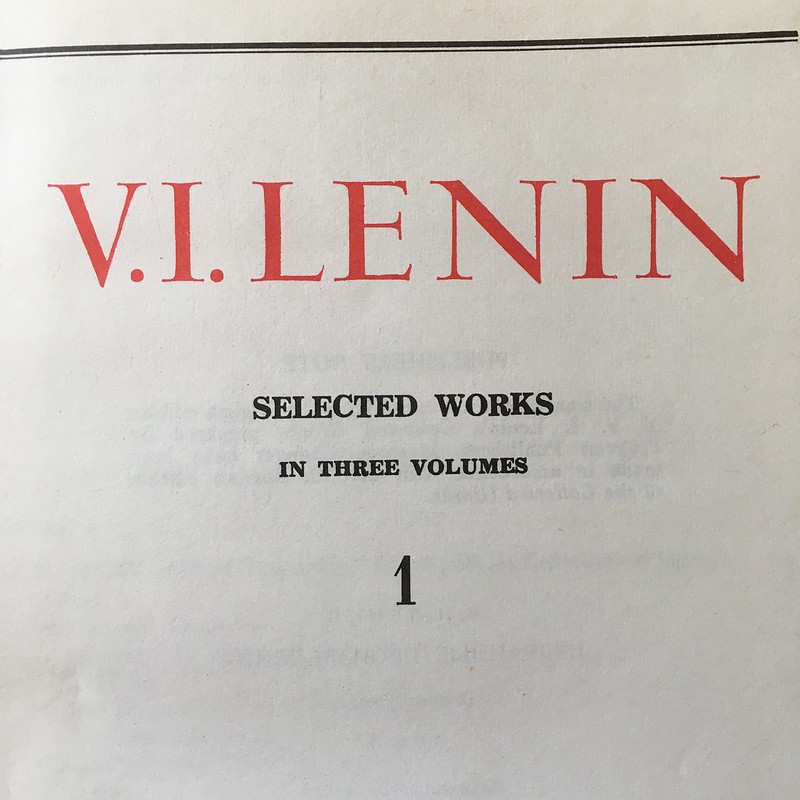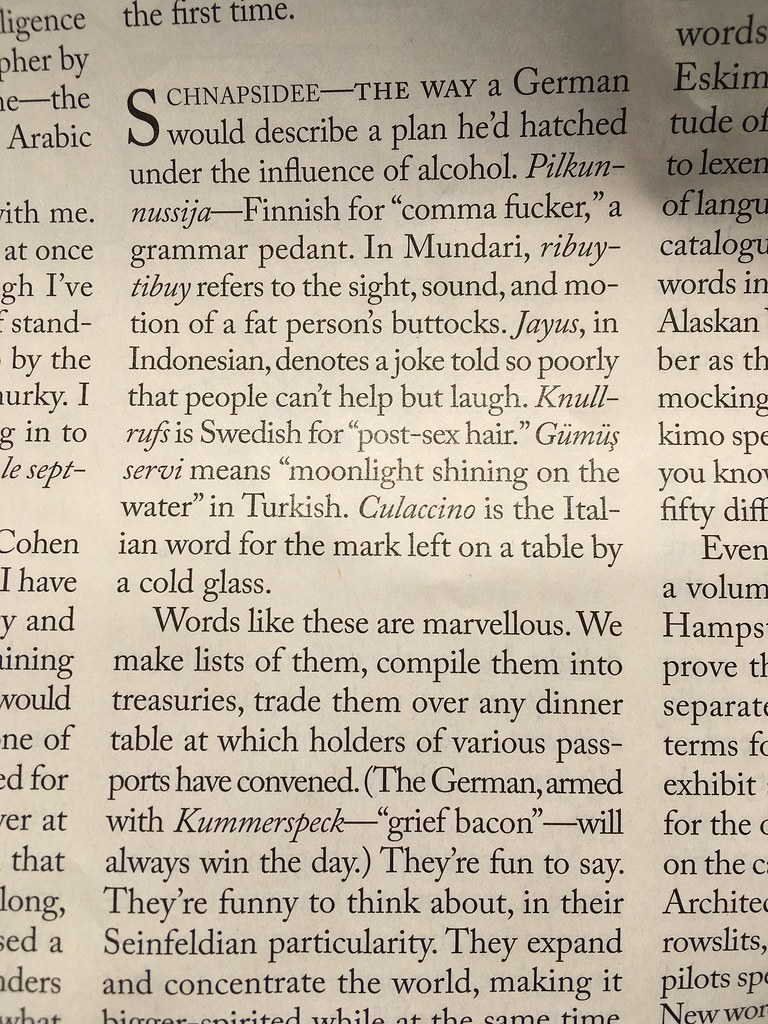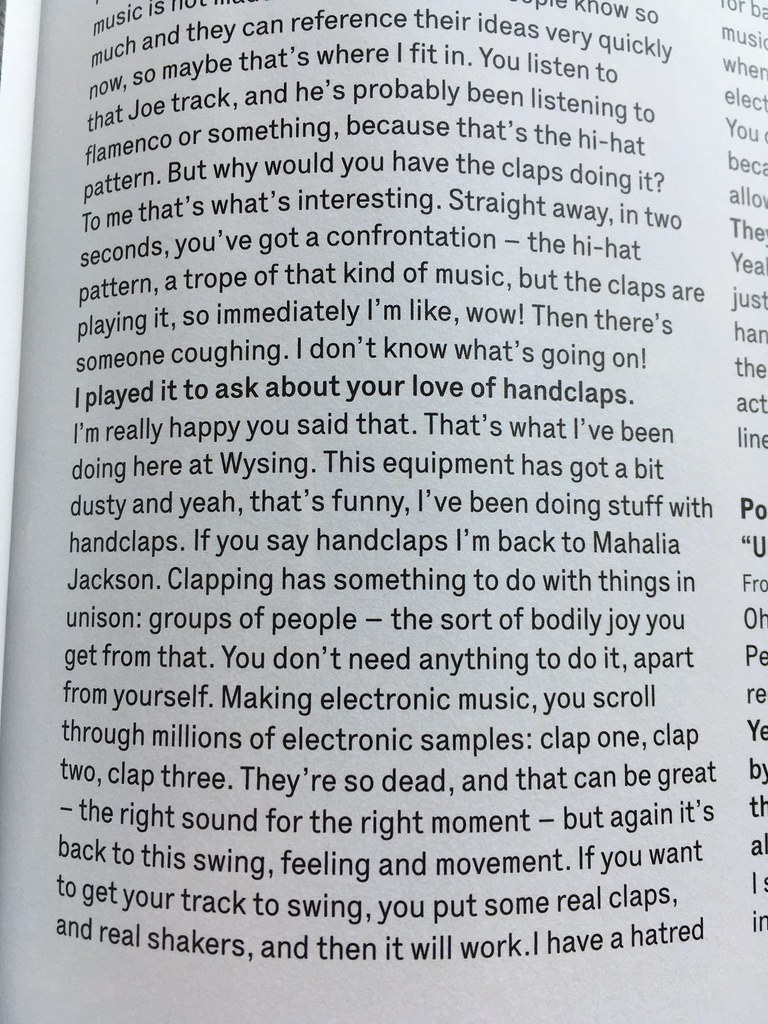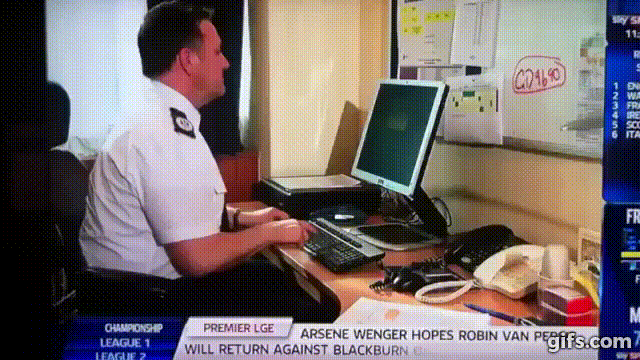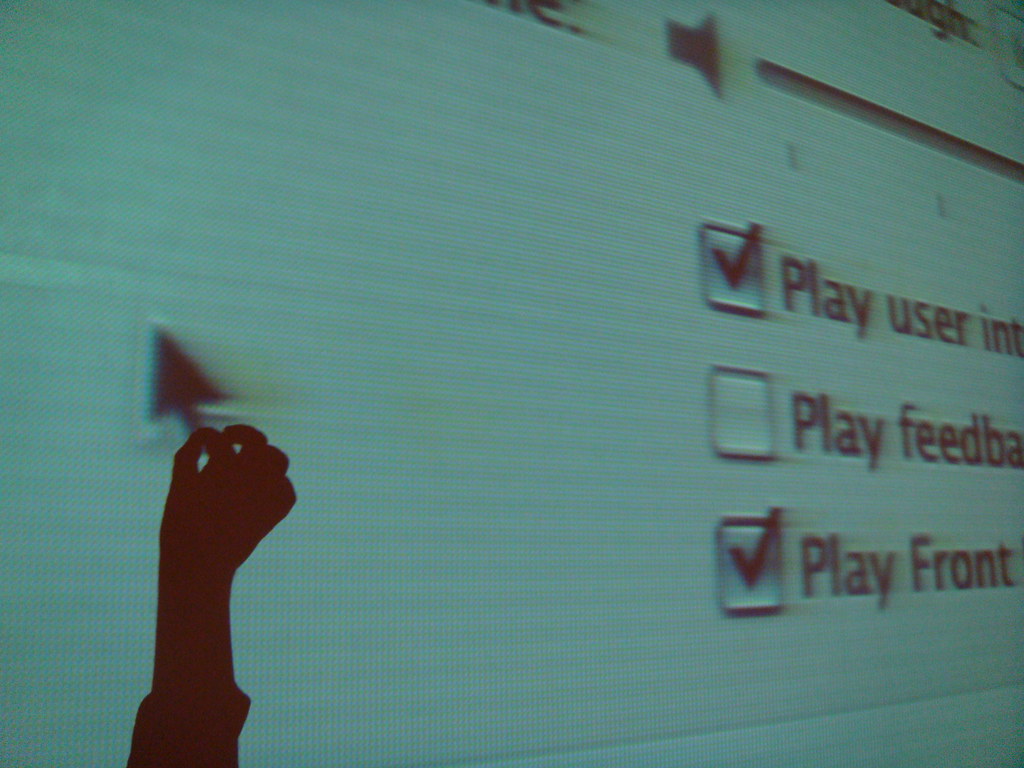Russell Davies
As disappointed as you are
About | Feed | Archive | Findings | This blog by email
Culaccino might be useful too
Good words from a lovely article in the New Yorker. Pilkunnussija is clearly going to be useful.
August 17, 2016 | Permalink
You're So Vane
This is the weather vane atop the Holbrook Arkwright Parish Hall. Presumably that's Richard Arkwright with some of his textile machines. I've now been overcome with an urge for a weather vane of my own - perhaps featuring someone slumped over a laptop.
August 16, 2016 | Permalink
What A Good Idea It Was To Read This Post
Iain said this in an interview the other week:
"I guess the dark art is how to influence people to do what’s right, but let them feel like it’s all their idea."
This is a skill you have to learn if you want to get your ideas into the advertising process and you're not an official 'creative'. Your ideas are very welcome as long as no-one knows they're yours.
A good way to do it is described in this story about Angelo Dundee:
"Leaders of all kinds, whether or not they read social science, are alert to the power of making certain abilities and characteristics salient. Angelo Dundee, perhaps the best boxing trainer of all time, had the difficult task of training Muhammed Ali, who did not exactly like to take direction. But Dundee had a brilliant trick: “Every now and then I’d subtly suggest some move or other,” he explained, “couching it as if it were something he was already doing.” For example: “‘My gosh, you threw a tremendous uppercut. That was beautiful!’ But he had never thrown an uppercut.”
August 15, 2016 | Permalink
Clay Shirky: CIO, O2O, IoT
There's a fascinating podcast / interview here with Clay Shirky. It focuses on his book about Xiaomi, which is very good and doesn't seem to have been read enough.
Some little thoughts that struck me:
He's the CIO of NYU Shanghai in China. That's really interesting, the perfect example of having an internet person in charge of technology. Every educational institution is going to have to do that.
O to O - "online to offline" is a new coinage I'd not heard before. It's the way you can "interpolate a service layer between anything you can do offline and your computer." Basically delivering stuff and services in the real world. It hadn't occurred to me before that this wasn't most developed in big Amazony Western markets. Naive of me. The descriptions of it happening in 'Tier One' Chinese cities are fascinating.
He suggests that Chinese businesses might find it difficult to get good at the Internet of Things because their censored and constrained version of the internet means it can't be guaranteed to be always on. So they won't be designing for a world where your devices can always access the internet.
I wonder if the opposite of that might be true.
I remember Matt and Tom of Thington talking very persuasively about that 'always connected' assumption makes for products that struggle in most of the real world. You have to design IoT things that can cope with interruptions. China might force you to be good at that.
August 14, 2016 | Permalink
If You're Happy And You Know It
Fantastic clap chat in this Beatrice Dillon interview in The Wire.
August 13, 2016 | Permalink
I Have A Little List
I keep a list in my head of the awful reality of today's IT. Because two reasons:
1 - Sometimes I have to stand up and say we have to stop doing 'Big IT' and then people ask for examples of the sort of thing I mean and it's useful to have some ready to go.
2 - Because this sort of stuff has stopped being new or remarkable. We just don't notice it. And yet it's an appalling, terrible waste of money, effort and potential.
I have other stuff to say about this. But for now, I'm going to just start the list, I'm going to call it:
Examples of Terrible, Terrible Big IT Projects
1. The Met Police cancels contract with Northrop Grumman as there's “no prospect of a finished product being delivered” in time.
New command and control system. £90m contract. Subcontracted to Lockheed Martin. Doesn't work. Met Police say they'll recover the money. Good luck with that. Going back to their 30-year old Unisys system.
2. The TSA paid IBM c$50k to develop an app that randomly pointed left or right.
Not much else to say really.
3. Almost every Volkswagen sold since 1995 can be unlocked with an Arduino
90s security defeated by the passage of time and the workings of Moore's Law. Neither of which, apparently, were anticipated.
4. London councils have signed a 9-year deal with BAE to build a counter-fraud system
9-years! Swapping all sorts of data. They'll do a proof-of-concept pilot in 6 months, then they're tied in. I guess if it doesn't work we'll just try again in 9 years. NB - one of the leaders of the project is quoted as saying “This is a test to see whether councils can work together and share their data in a sensible way.” A test of that sort of thing is a good idea - but it's a 9-year test!
5. Queensland managed to go $1.8bn over budget on a $6m project - a payroll system for 78,000 people
Just read the link. Just read it.
This list will expand. Any suggestions, please let me know.
August 12, 2016 | Permalink
Nine Editions A Day
I found myself reading an article about the Leicester Mercury.
It's sometimes a bit hard to see a decline/transformation/cataclysm when you're in the middle of it. It'll be hard to feel much loss, for instance, when the denuded, under-staffed, ineffectual print editions of lots of local papers finally disappear. But articles like this remind you how mighty and vital these things once were, relatively recently.
For example: "There used to be nine editions a day of the Leicester Mercury you hold in your hand now. Today, there is just one. There were 150 journalists at this paper 20 years ago. More people, again, in advertising and pre-press and marketing and newspaper sales."
August 11, 2016 | Permalink
Native To A Web Of Video
I enjoyed this video essay about Casey Neistat's vlogging. Partly because I like noticing new forms emerging on the internet and these are two new forms - video essays and the Casey Neistat style of high production value vernacular video.
August 10, 2016 | Permalink
Looking After Your Speakers
Chris Noessel has written a splendid thing over on Medium about finding and looking after speakers, if you're a conference organiser.
I have one little extra thought to add.
1. Chris says this about getting gifts for speakers:
"Small tokens of appreciation are not needed, but always endearing. They don’t need to be expensive, but something local like art, food, or non-gimmicky technology is best. It should be something they can use, but also something they might pass on to their family/sweetheart as a gift for having to be away. With that in mind, avoid just putting a logo on schwag, as that just feels like advertising, rather than a token of thanks."
All true. One other thing I'd encourage you to think about - your speaker may be about to get on a plane, they might be trying to avoid checking anything in. Don't get them, for instance, a massive bottle of champagne or a huge metal fruit bowl.
August 09, 2016 | Permalink

